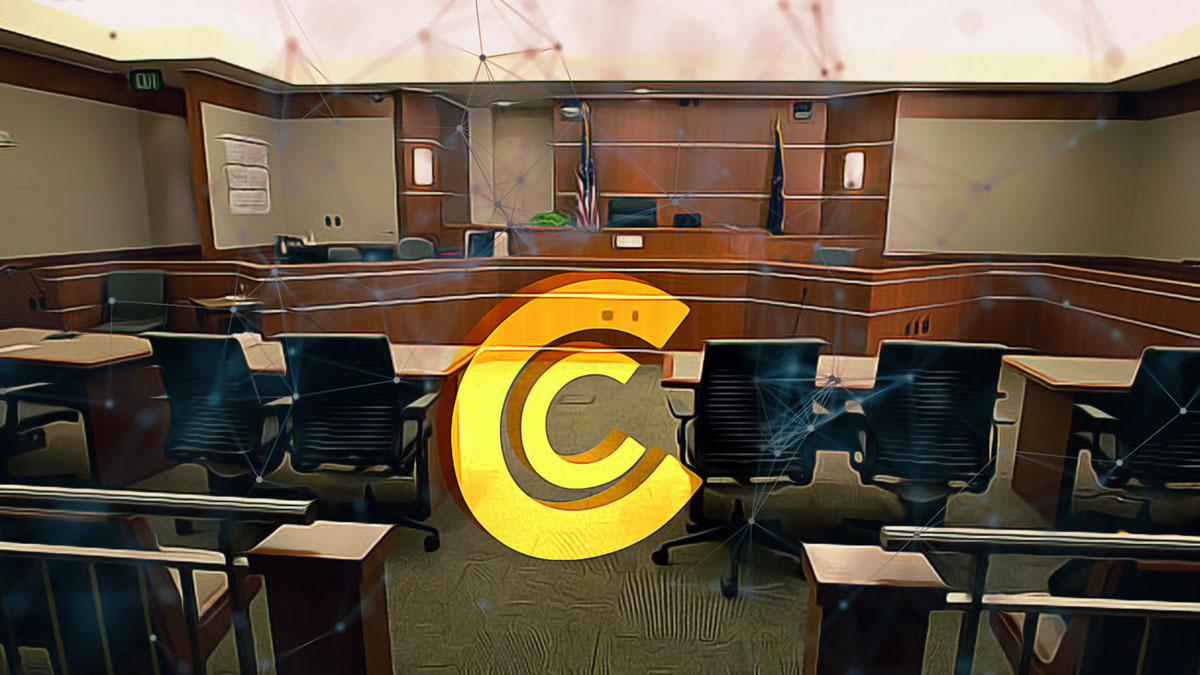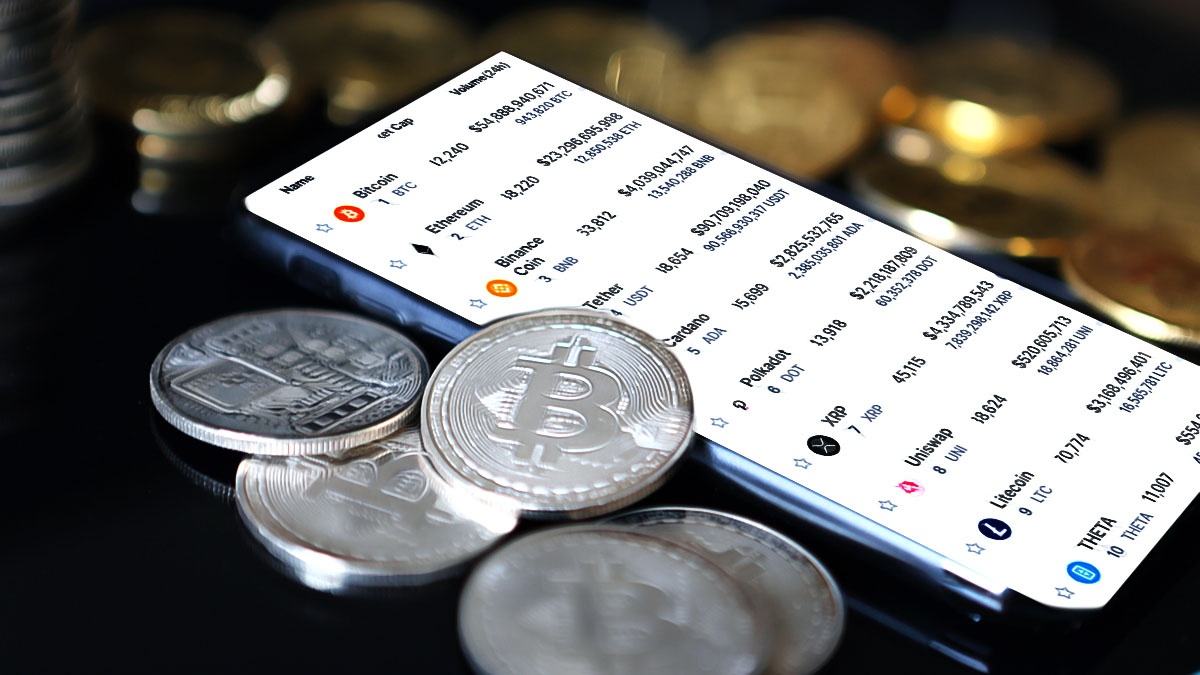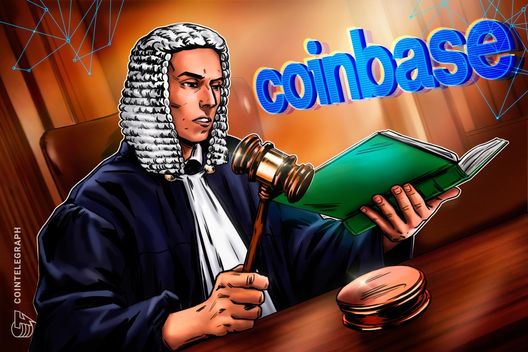Bitcoin‘s value witnessed a sharp drop during recent treasury bond discussions led by Bessent. Simultaneously, SEC Chairman Paul Atkins addressed which altcoins might be classified as securities. Despite this year’s supportive crypto regulations, macroeconomic shifts have caused significant disruptions.
What Altcoins Escape the Securities Tag?
Under former SEC Chairman Gensler, all altcoins were deemed securities. However, with the new administration, this perspective shifted. Paul Atkins, the current SEC Chairman, is seen as favorable to crypto, suggesting many digital assets don’t fall within SEC regulation. He has clarified that network tokens and meme coins aren’t considered securities.
Atkins stressed that only those assets with explicit managerial commitments qualify as securities. He underscored that cryptocurrencies serving functional roles, such as tickets or memberships, don’t fall under this classification.
How are Legal Terminologies Clarified?
Atkins proposed a token taxonomy based on the Howey investment contract analysis, acknowledging limitations within existing laws. This assessment is expected soon from the Commission.
According to Atkins, most crypto tokens in current circulation aren’t securities. On occasion, a token can be part of a securities offering via an investment contract. This application aligns with established securities laws.
Existing securities regulations list instruments like stocks, notes, and bonds, with a broader category known as “investment contracts.” This term refers to the relationship between parties, not a fixed label on a token.
Investment contracts are not perpetual and may expire despite the continued trading of the token on the blockchain. Some argue that if a token is linked to an investment contract, it remains a security indefinitely.
This misconception suggests all succeeding transactions are securities-related. Atkins finds this difficult to align with legal texts, Supreme Court rulings, or even practical reasoning.
“Not every transaction involving these tokens should be considered a securities transaction,” Atkins reflected, highlighting a logical flaw in such interpretation.
Atkins’ remarks underline a nuanced approach to crypto regulation, distinguishing between types of tokens and their inherent nature rather than applying a sweeping categorization. This underscores a broader regulatory shift, seeking to reconcile legal boundaries with the rapid innovation in cryptocurrency markets.
Disclaimer: The information contained in this article does not constitute investment advice. Investors should be aware that cryptocurrencies carry high volatility and therefore risk, and should conduct their own research.

















 English (US)
English (US)